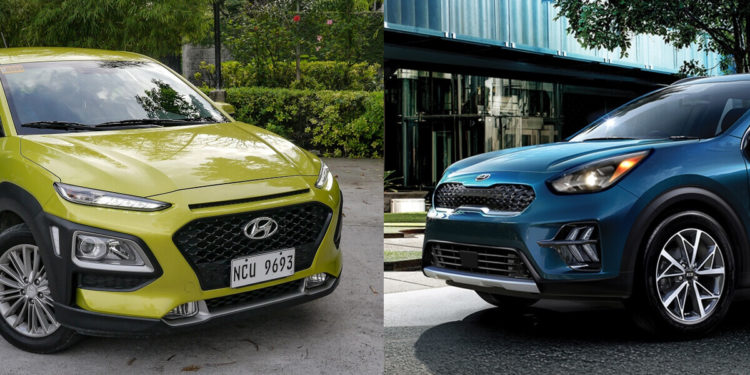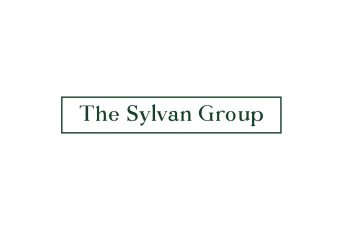The Hyundai Kia Automotive Group sold around 300,000 units of environment-friendly vehicles in international markets from January to November. South Korea’s two largest automakers accumulated an overseas sale of 306,266 eco-friendly models according to industry data.
“While the market situation was not easy with the COVID-19 pandemic, the sales of environment-friendly vehicles in overseas markets increased,” a company official said. Sales of eco-friendly cars have jumped to 26.8 percent, showing a rise from the 238,155 units sold around the same time in 2019.
The companies’ data showed that all-electric cars took up most of the growth in sales with 137,000 units. Hybrid electric vehicles urged the growth as well, with their sales rising up to 50 percent after selling 118,816 units. Hyundai’s Grandeur hybrid was the best-selling model along with the Sonata hybrid.
Hyundai’s Kona sold 70,018 units and Kia’s Niro sold 44,146 units. Other electric vehicle models such as Hyundai’s Porter and Kia’s Bongo also showed an improvement in sales performance. In the domestic market, the two affiliates sold 25,828 electric cars and 11,040 hybrid cars.
Next year, the Hyundai Kia Automotive Group will release green car models equipped with the Electric Global Modular Platform or E-GMP. E-GMP forms the basis of the group’s electric cars that will be produced in the future.
Eco-friendly Auto Sales On The Rise
Hyundai Motor Co and its affiliate Kia Motors Corporation showed steady growth in sales of eco-friendly vehicles this year. Eco-friendly models include all-electric, hybrid electric, hydrogen fuel-cell electric, and plug-in electric vehicles.
“The ratio of environment-friendly vehicles out of total sales is on the increase. The ratio is expected to reach 25 percent in 2025,” a company spokesperson said. The two automotive manufacturers aim to sell 1 million units of eco-friendly cars in 2025.
Hyundai and Kia Motors plan to increase and focus on eco-friendly vehicle production for international markets. The two automotive companies will direct their goals to accommodate the sales trend, especially in Europe. This is due to the European Union’s tightening control on carbon dioxide emissions and growing subsidies for electric vehicles.







